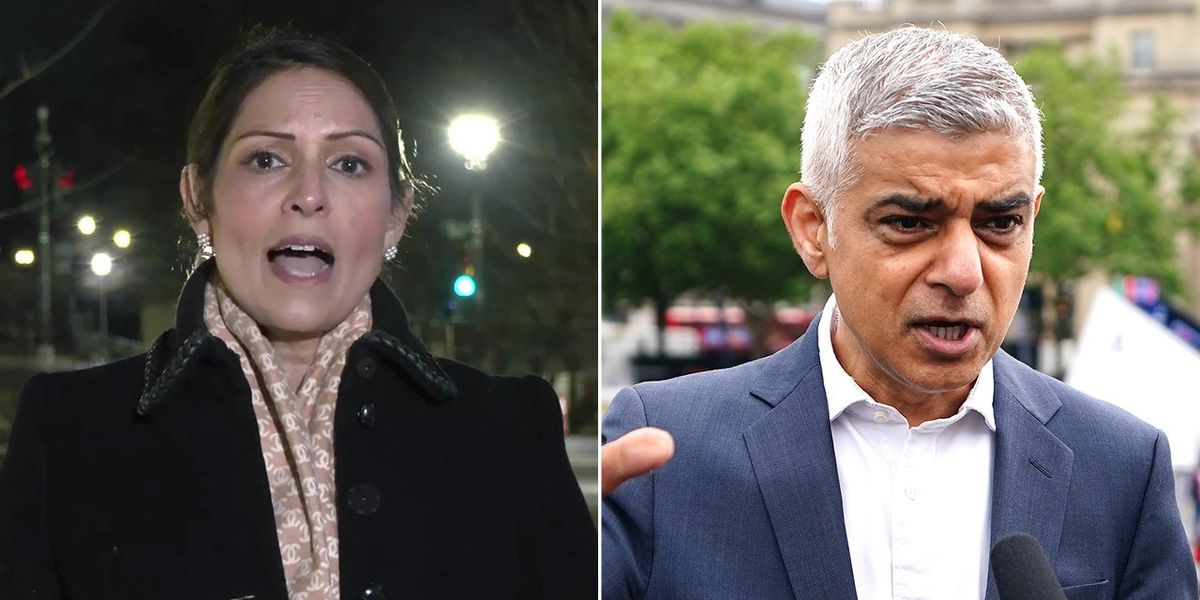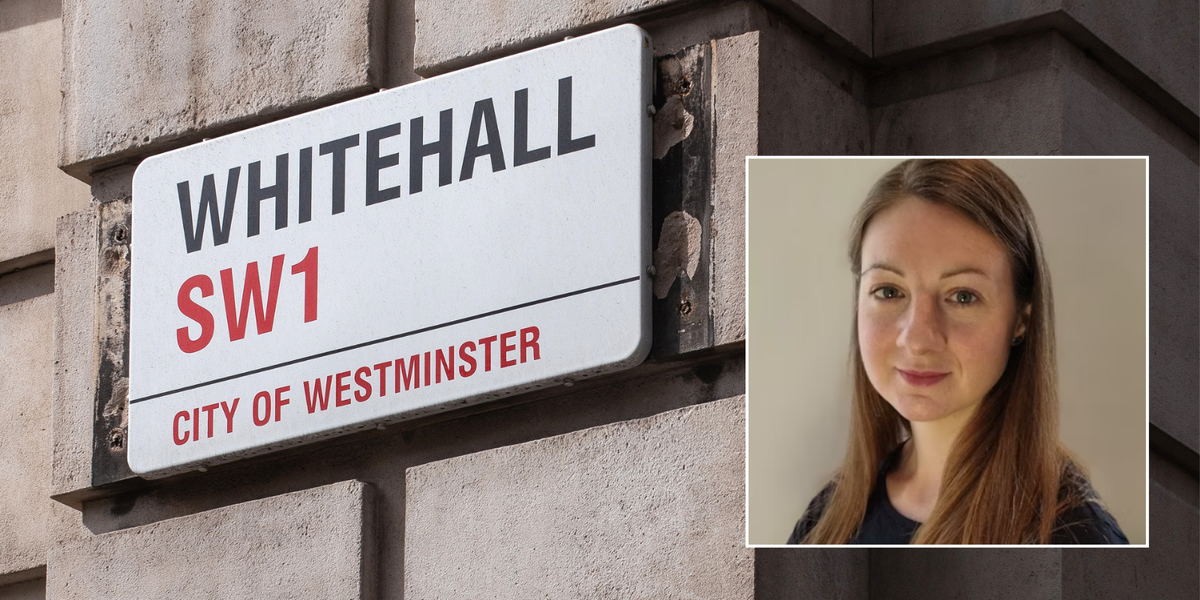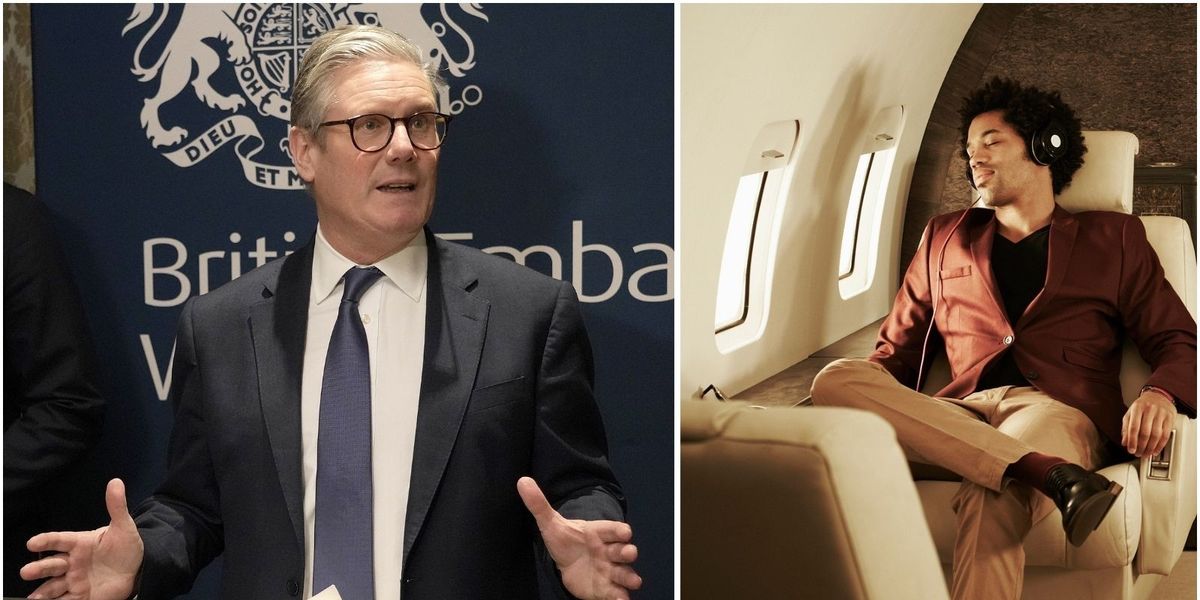Donald Trump has promised sweeping action from the very first day he returns to Pennsylvania Avenue.
From Silicon Valley to the FBI, our experts look at what Mr Trump might do for America during his second term in office.
Big Tech
The question is how long the tech-MAGA coalition holds

Expect a deregulatory blitz during Donald Trump’s second term.
Silicon Valley’s tech billionaires were at loggerheads with Mr Trump during his first presidency, culminating in Twitter, Facebook and YouTube banning him from their platforms following the insurrection at the US Capitol on Jan 6 2021.
The picture could not be more different as the world prepares for a second term.
Tech figures were some of Mr Trump’s biggest financial supporters during the election, and they have been rewarded.
As well as Elon Musk, the X owner who seems ever-present at Mr Trump’s side, allies like former PayPal executive David Sacks and venture capitalist Marc Andreessen are in regular contact with the president-elect.


Mr Trump has promised to unwind Joe Biden’s artificial intelligence restrictions and is likely to ease rules on technologies like driverless cars as part of an effort to maintain technological supremacy over China.
Mr Trump’s own positions have been flexible. He once dismissed Bitcoin as “not money”, but became a crypto convert after intense lobbying from the industry.
He had tried to ban TikTok, but is now seeking to save the app, which he credits for his strong showing among young voters.
The big question is how long the tech-MAGA coalition holds. Mr Trump has reportedly bristled at the attention Mr Musk attracts, and his tech backers have already clashed with immigration sceptics over visas.
If the alliance breaks down, Mr Trump’s pro-tech stance may not last long.
The economy
Planned measures could stoke inflation and limit expansion


US growth remains the envy of the world. The world’s biggest economy is now 11.5 per cent larger than its pre-pandemic size.
Compare that with Britain, where the economy is just 2.9 per cent bigger. Or Germany, which has stagnated over the past four years.
Mr Trump’s promise to cut taxes and deregulate is expected to increase the growth gap between the US and other G7 nations.
However, the measures could also stoke inflation, limiting the expansion.
The US Federal Reserve has been cutting interest rates in recent months, but chairman Jerome Powell indicated that the economy is already “stronger than thought”, restricting the central bank’s scope for cutting them further.
This could draw Mr Trump’s ire. He lambasted Mr Powell’s predecessor Janet Yellen for keeping borrowing costs too high.
Another major issue is debt. America is projected to borrow an average of $1.9 trillion (£1.56 trillion) every single year over the next decade to plug the gap between taxes and spending.
This will push up the country’s debt pile to 122 per cent of GDP by 2034, up from roughly 100 per cent today, according to the Congressional Budget Office. That is unsustainable.
Congress also narrowly avoided a government shutdown just before Christmas over public spending, which would have stalled wage payments for the US military and furloughed workers.
Immigration
A near complete overhaul of Biden’s immigration systems


Donald Trump has pledged to carry out the “largest deportation effort in American history” upon his return to office, with the aim of removing around 11 million people residing in the US without legal status.
From his first day back in the White House, he is expected to re-start constructing the wall on the Mexico border, to give federal immigration officers more powers to arrest people and to end humanitarian programmes for migrants.
He has also pledged to resurrect his so-called Muslim travel ban and end birthright citizenship.
Republicans have suggested Mr Trump could push through his policy agenda by using archaic legal tools to detain immigrants without a hearing and declaring a national emergency on the border so that military resources can be redirected towards deportation efforts.


Stephen Miller, the architect of the Muslim ban who has been appointed as Mr Trump’s deputy chief of staff, is expected to play a key role in implementing Mr Trump’s plans alongside Tom Homan, a former head of immigration and customs enforcement, who the president-elect has tapped as his “border tsar”.
Despite Mr Trump’s insistence there is “no price tag” on removals, immigration experts have warned that the scheme could cost a budget-straining total of $968 billion (£795 billion). Republicans have claimed this “pales in comparison” to the current state burden of migrants entering the US.
The plans would involve a near complete overhaul of immigration systems put in place by Joe Biden, raising the prospect of legal challenges from human rights organisations and international opposition from countries to which migrants are deported.
FBI and intelligence
A revenge presidency could be on the cards


Mr Trump rocked the federal law enforcement community on Nov 30 when he announced that Kash Patel, a former defence aide, would take on leadership of the FBI under his second administration. The position is usually a career role and is not filled by a political nominee.
The decision suggests that Mr Trump plans to make good on his threats of a “revenge” presidency, and could use the FBI to investigate his political enemies and purge career civil servants.
Mr Trump has made contradictory statements on his plans for the country’s biggest law enforcement agency, suggesting that he would pursue his rivals and that “retribution will be through success”.


Mr Patel is an outspoken critic of the FBI, but told senator John Fetterman last month that he had no intention of launching investigations into Democrats as revenge for the department of justice’s role in prosecuting Mr Trump.
Elsewhere in the intelligence community, Mr Trump has sparked concern by naming Tulsi Gabbard, the former Democratic congresswoman, as his director of national intelligence.
Ms Gabbard has previously condemned the work of the CIA and suggested that US intelligence agencies lied about Syrian dictator Bashar al-Assad’s use of chemical weapons against civilians.
Enemies
Political persecutions hang on a compliant attorney general


Since launching his second run for the presidency in 2022, Mr Trump has repeatedly declared his intention to use the power of the presidency to target his enemies.
Among those Mr Trump seemingly intends to go after are Joe Biden and “the entire Biden crime family”, individuals who impeached him in his first term, prosecutors and judges connected to his criminal indictments, and former administration officials turned critics.
Some have cast doubt on whether the Republican would indeed seek to persecute his political opponents.
In 2016, he repeatedly pledged to put Hillary Clinton behind bars, leading rally crowds in chants of “lock her up”, but never ended up doing so.
But this time around, Mr Trump has been scarred by four criminal indictments which some legal experts suggested that if convicted could have seen him die in prison.


Should Mr Trump choose to appoint a special prosecutor to take his enemies to court, as he has suggested, he will need to dismantle the wall that has divided the justice department from the White House since the days of the Nixon Watergate scandal.
This independence has been upheld by presidential consensus since the 1970s, rather than being codified in the Constitution.
As such, it depends on a compliant attorney general willing to do the new president’s bidding. Pam Bondi, a long-time ally of Mr Trump’s and mindful of how her predecessors lost his confidence, seemingly fits the bill.
Resistance to presidential lawfare would likely come from the judiciary – which is a constitutional check on executive overreach.
Judges could reject politically-motivated cases where there is not sufficient evidence of a crime.
But in those cases that come to court, fighting a legal battle would prove draining and costly for critics of the president-elect.
Budget cuts
Abolishing debt ceiling unlikely to play well with GOP


Mr Trump is almost certain to launch swingeing cuts on some areas of the federal budget after he takes office.
Some Republican Congressmen are calling for the cuts to be included in the first legislation introduced during the president-elect’s second term, with major targets including the FBI and the department of education.
Some cutting will be necessary to balance the budget and counter the cost of extending tax cuts from his first administration, and passing new exemptions for payments on tips and social security benefits.
Elon Musk and Vivek Ramaswamy, a biotech entrepreneur and former GOP primary contender, will identify ways to slash the federal budget through the new non-governmental “department of government efficiency” (DOGE).
Mr Musk has said he will recommend cutting the number of federal agencies by more than 75 per cent, from almost 430 to 99.


The DOGE has already sent envoys into some government departments to look for potential cost-saving measures.
However, critics have pointed out that many agencies cannot be abolished without the consent of Congress, which may embroil any attempt to cut the federal government quickly in politicised votes.
Mr Trump has also suggested abolishing the debt ceiling, a limit Congress sets the administration on borrowing to pay bills.
That plan is very unlikely to play well with some members of his party, including fiscal hawks who see the ceiling as a key tool in managing government spending.
Energy
A long road ahead to drill, baby, drill


Mr Trump has pledged to halve energy prices within 12 months of taking office by unleashing fossil fuel development.
His administration will move to reduce the size of national monuments, allowing him to “drill, baby, drill” on a wider area of federal land, while slashing environmental protections which the industry claims is pushing up costs by billions of dollars.
However, issuing oil and gas leases could be open to a legal challenge, as the Biden administration found in 2022 when a court cancelled 80 million acres’ worth in the Gulf of Mexico.
The judge ruled that it had failed to take into account legislation which requires the government take climate change into account before issuing leases.
Mr Trump will need the support of Congress if, as expected, he attempts to overhaul that law.
While a massive expansion in drilling is widely expected to push down prices, experts are sceptical about Mr Trump’s claim that he can halve energy prices.
US oil production is already at a record level and oil currently stands at $77 a barrel.
Cutting this in half would require companies to operate at loss and essentially shut down production.
The military
A potentially dramatic shift in the military’s role in American society


During his time in office, Mr Trump tested the limits of how he could use the military to achieve policy goals.
In his campaign for a second term in the White House, Mr Trump spoke repeatedly about his plans to use the military for domestic purposes, including to help with mass deportations and confronting civil unrest.
He has pledged to recall thousands of American troops from overseas and station them at the US border with Mexico as part of a crackdown on illegal immigration.
But his agenda does not stop at the border. The soon-to-be 47th president has vowed to purge the military of so-called “woke” generals and ban transgender people serving in the military.
Mr Trump’s vision amounts to a potentially dramatic shift in the role of the military in American society, carrying implications for both the country’s place in the world and the restraints that have traditionally been placed on domestic use of the military.
His pick for defence secretary, Pete Hegseth, a veteran and former Fox News host, has suggested military personnel who were kicked out for refusing a Covid vaccine will be reinstated and apologised to.
He, like the president-elect, has also railed against so-called “woke” military leaders and policies.












